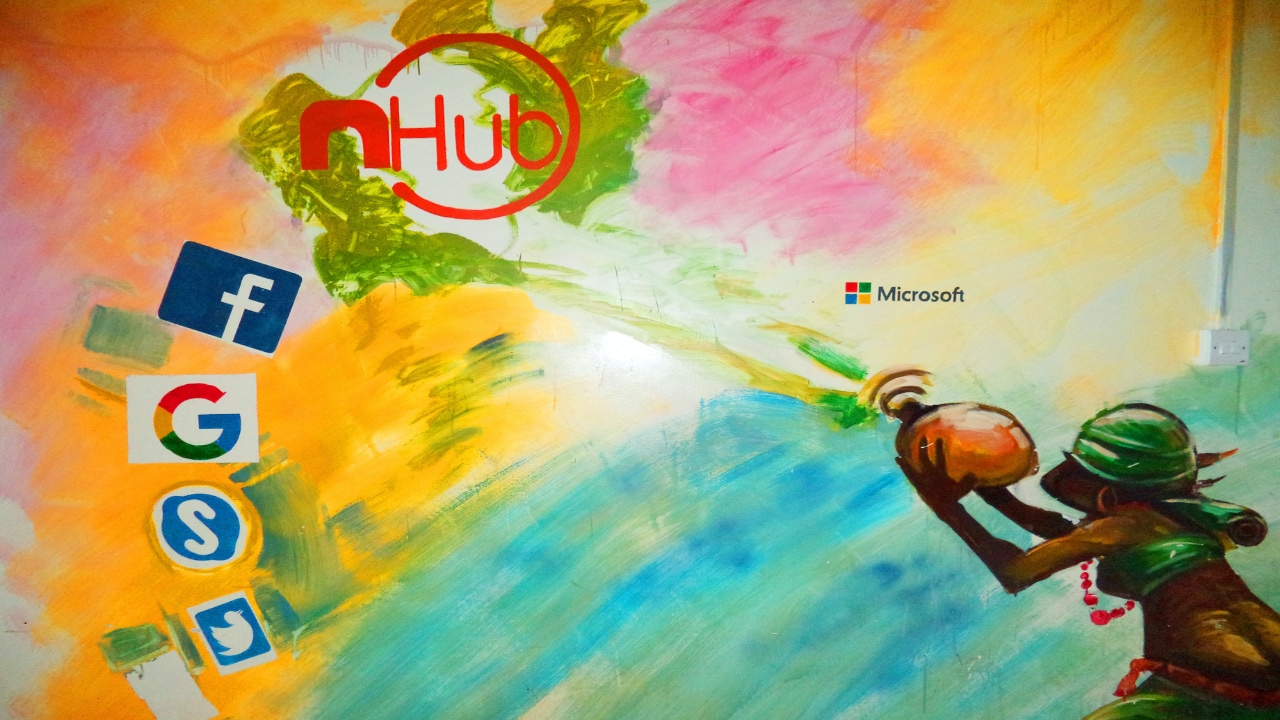India’s digital ad spends observed a muted growth to in FY23 due to macro factors, post which it would reach ~$21Bn market by FY28, accounting for 65-70 percent of overall ad spend, states a report from Redseer Strategy Consultants. The report estimates that digital ad spend in India to become 2.5X in next five years to USD 21 Bn, growing at compound annual growth rate (CAGR) of 19-21 percent.
This growth is being led by covid induced accelerated digitisation, significant surge in the usage of smartphones and internet services.
“Upon mapping market sizing across media agencies, we observe a significant under-reporting of digital ad spend in India. However, Redseer projection has considered enterprise spends, SMB spends, influencer marketing, affiliate marketing and gaming,” says Mukesh Kumar, engagement manager, Redseer Strategy Consultants.
It is to be noted that growth in user generated content (UGC) will empower individual creators and influencers to build their digital identity, which brands can leverage for digital ads. This strong ecosystem of ~2.5 to 3 million creators is expected to drive marketing spending of $2.8Bn- $3.5Bn by 2028, the report adds.
Economies that have strong consumer spending can splurge on advertising. For instance, the US spends 1.4 percent of its GDP on advertisements, of which 64 percent goes to digital ads, and the UK spends 1.3 percent. Since India is a developing nation, it spends 0.5 percent of its GDP, of which 53 percent goes to digital ads. However, with India’s consumption expenditure expected to grow ~ 6-7percent over the next five years, the advertising expenditure is bound to rise.
Global slowdown due to increasing interest rates, energy crisis etc. has led to new-age companies focusing on profitability and controlling their spending on ad and hence slower growth is expected in FY23.Under the current economic headwinds, the ad market is estimated to grow by 6percent -8percent in FY23. One can’t ignore the fact that of $ 15 Bn spent on advertising in FY22, 53percent went into digital advertisements indicating a growth nested within the overall downturn.
Redseer says that it expects macroeconomic engines to pick up momentum again by FY24 since, after every economic downturn, eventually, consumer morale returns.
Digital ads become a necessity
With users spending seven hours daily on their smartphones, digital platforms have a good engagement rate. The report states that marketers are increasingly advertising these for the precise target audiences. Some of the most popular performances driving digital advertising platforms include eCommerce, short videos, OTT, social media, long-form videos, and news outlets.
Incumbent market players like Alphabet and Meta will maintain their market share to alternate digital content platforms like OTT video, OTT audio, short-form video, and eCommerce. Moreover, content and gaming platforms are emerging as the fastest-growing digital ad platforms.
SMBs embracing digital ads
As digital platforms allow marketers to reach out to target groups across various categories, many small and midsize businesses (SMBs) have opted for digital advertising owing to its democratised access. Digital enablers such as ePayments, eDiscovery, and eCommerce have enabled traders, service providers, Kirana owners, and small shopkeepers to have an online presence.
As per Redseer, SMBs spent 30-35percent of the total $ 8 Bn on digital ads in FY22 and are expected to increase their share to ~40percent of the total digital ads expenditure by FY 28.
Empowerment of Individual Creators
The Indian digital economy has over 2.5-3.0 million sizeable content creators who have emerged into four archetypes: Micro, Macro, Mega, and Elite creators. The Micro/Macro influencers have given better return on investment (RoI) to bigger brands and enabled smaller direct-to-consumer (D2C) brands. It is projected that influencer-led live commerce in India will grow to $8 Bn by 2030, and marketing spending on influencers will grow to $ 3.5 Bn by 2028.
As the creator economy grows, it is essential to bridge the gap between brands and influencers through a centralised platform such as the creator marketplace. Such marketplace can become a single point for the brands to discover and engage with creators. The user-generated content and influencer ecosystems have the capacity to drive highly targeted advertising. Since the UGC platforms already possess content creating communities, they are better positioned for setting up the creator marketplace.
